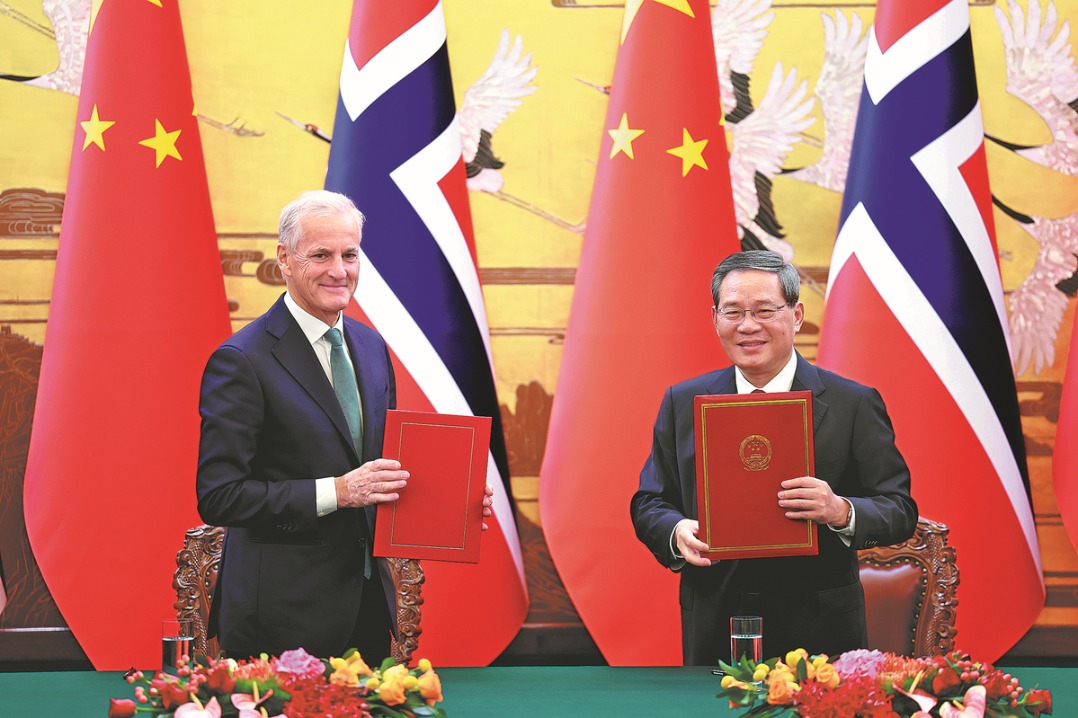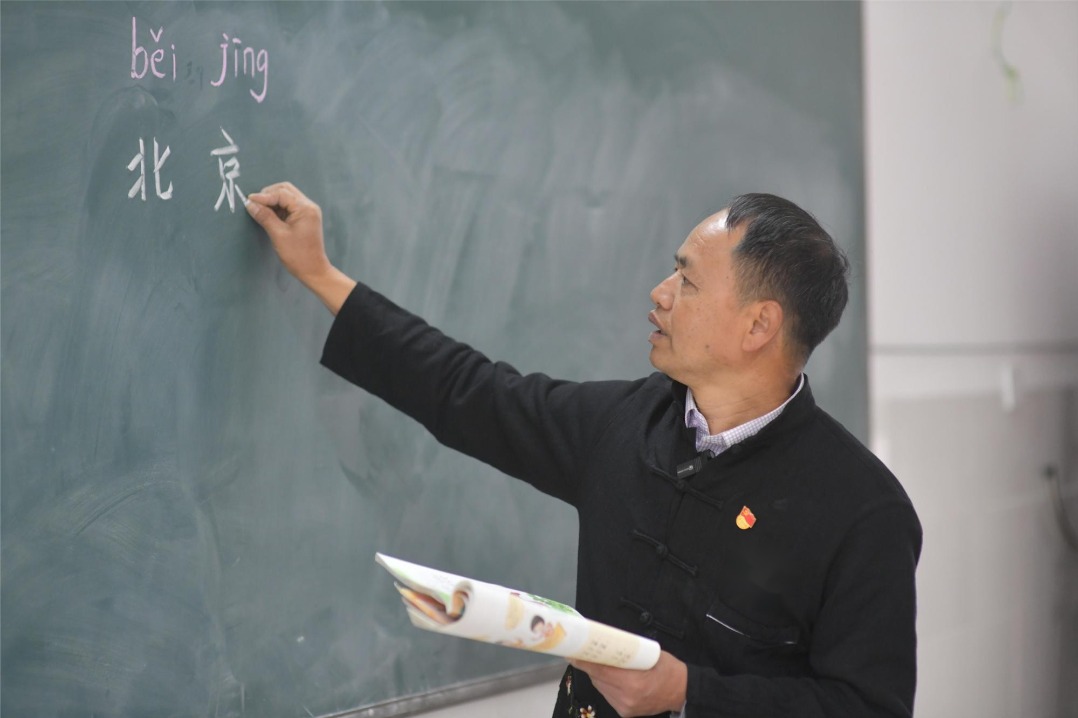Governance framework promotes AI security


The introduction of a governance framework on artificial intelligence security marks a significant step in promoting collaborative efforts to address AI security across society, according to the National Technical Committee 260 on Cybersecurity of Standardization Administration of China.
The framework provides essential technical guidance to create a secure, reliable, fair and transparent ecosystem for AI research and application, the National Technical Committee 260 on Cybersecurity of Standardization Administration of China said.
As part of the Global Artificial Intelligence Governance Initiative, launched last October to address universal concerns over AI development, the committee conducted research and developed the AI Security Governance Framework.
The first version of the framework was unveiled on Monday in Guangzhou, Guangdong province, during a themed forum to mark China Cybersecurity Week, a nationwide event aimed at raising public awareness on cybersecurity.
The framework emphasizes fostering innovation in AI development while prioritizing the prevention and mitigation of AI security risks. It outlines key principles for AI security governance, including inclusiveness, risk orientation, integration of technology and management, collaborative responses and open cooperation.
Utilizing a risk management approach, the framework identifies and analyzes the sources of AI-related risks such as data, system and application security in areas such as networks, real-world operations and ethics. It proposes corresponding technical responses and preventive measures to ensure secure AI development and application.
The framework is expected to support the healthy development and standardized application of AI technology. It will also promote international cooperation in AI security governance, contributing to the establishment of a globally recognized AI governance system aimed at ensuring such technology benefits humanity.
"AI technology can enhance the detection of malicious and unknown cyber threats, reduce human dependence in security operations, and improve the quality and efficiency of network security," said Liu Hui, vice-president of Topsec Technologies Group, a leading provider of network security and cloud services in China.





































